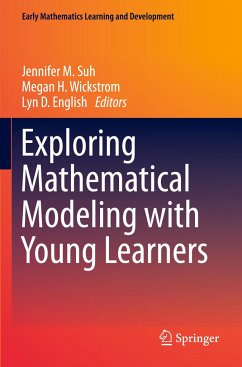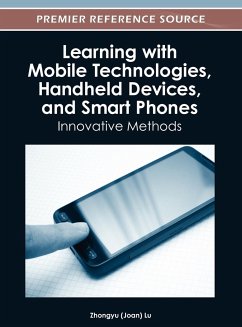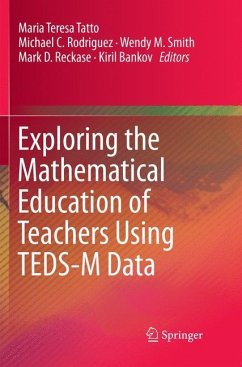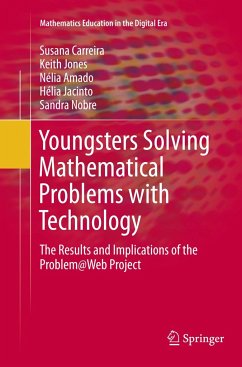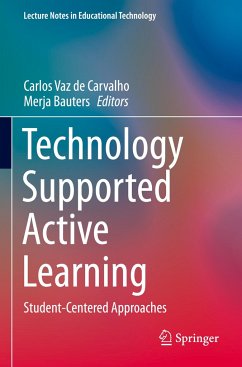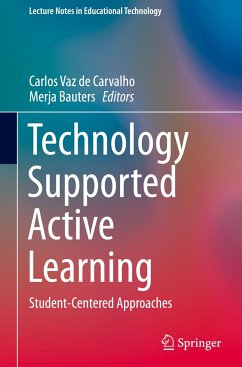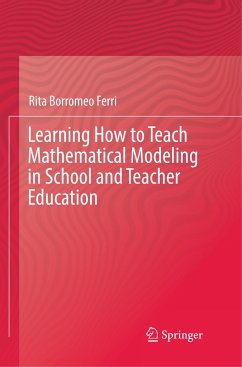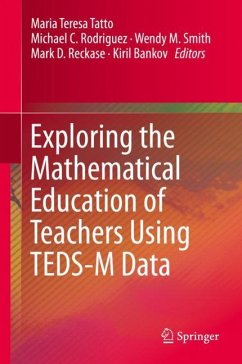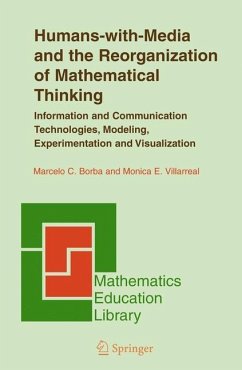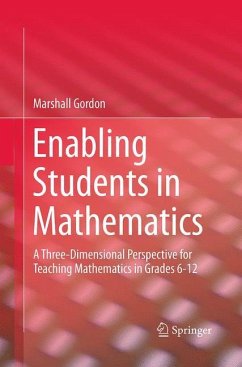
Exploring Mathematical Modeling with Young Learners

PAYBACK Punkte
57 °P sammeln!
This book conceptualizes the nature of mathematical modeling in the early grades from both teaching and learning perspectives. Mathematical modeling provides a unique opportunity to engage elementary students in the creative process of mathematizing their world.A diverse community of internationally known researchers and practitioners share studies that advance the field with respect to the following themes:The Nature of Mathematical Modeling in the Early GradesContent Knowledge and Pedagogy for Mathematical ModelingStudent Experiences as ModelersTeacher Education and Professional Development ...
This book conceptualizes the nature of mathematical modeling in the early grades from both teaching and learning perspectives. Mathematical modeling provides a unique opportunity to engage elementary students in the creative process of mathematizing their world.
A diverse community of internationally known researchers and practitioners share studies that advance the field with respect to the following themes:
The Nature of Mathematical Modeling in the Early Grades
Content Knowledge and Pedagogy for Mathematical Modeling
Student Experiences as Modelers
Teacher Education and Professional Development in Modeling
Experts in the field provide commentaries that extend and connect ideas presented across chapters. This book is an invaluable resource in illustrating what all young children can achieve with mathematical modeling and how we can support teachers and families in this important work.
A diverse community of internationally known researchers and practitioners share studies that advance the field with respect to the following themes:
The Nature of Mathematical Modeling in the Early Grades
Content Knowledge and Pedagogy for Mathematical Modeling
Student Experiences as Modelers
Teacher Education and Professional Development in Modeling
Experts in the field provide commentaries that extend and connect ideas presented across chapters. This book is an invaluable resource in illustrating what all young children can achieve with mathematical modeling and how we can support teachers and families in this important work.



